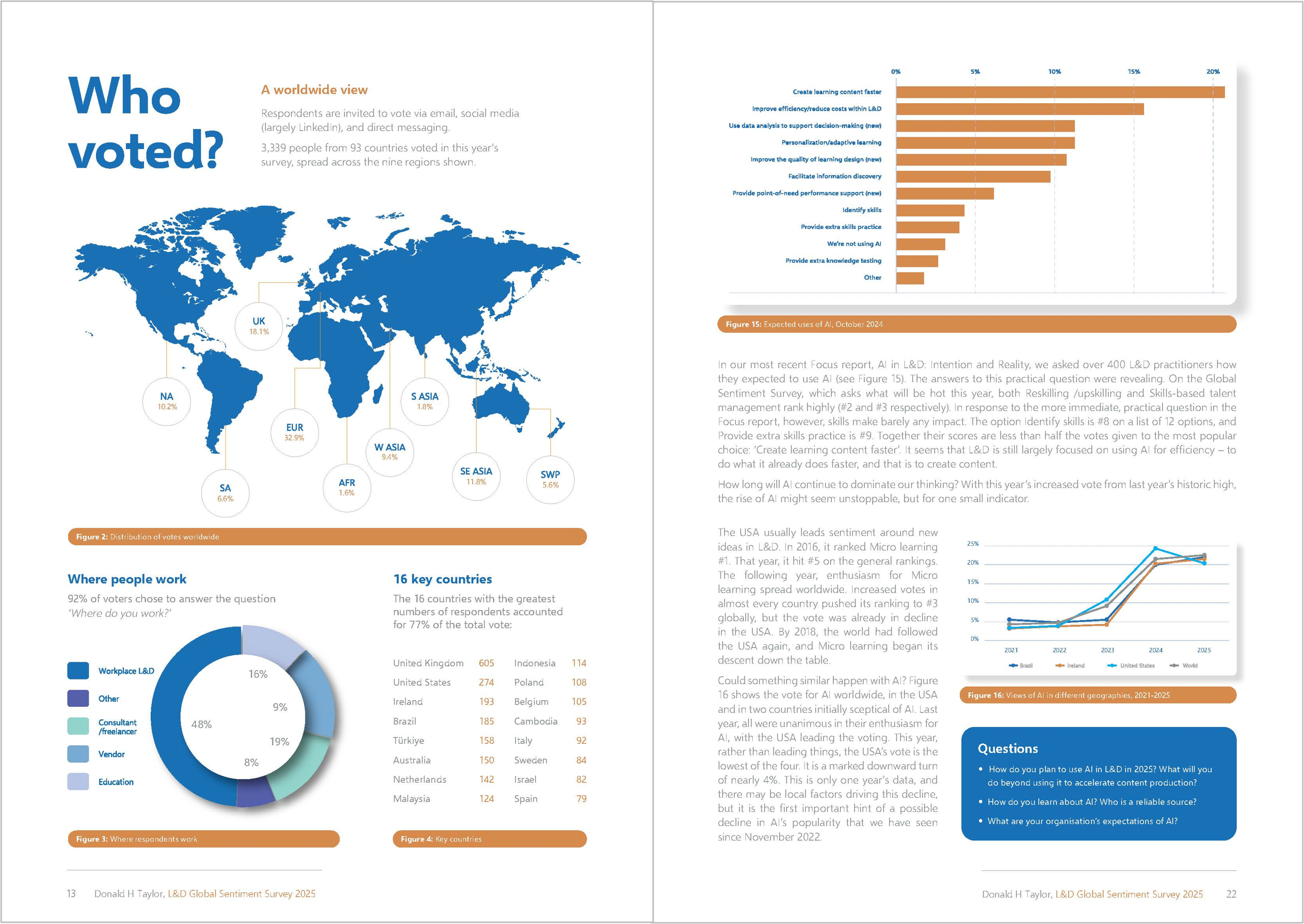An open letter to spammers

I receive a lot of friendly requests via Twitter and LinkedIn, and sometimes from these channels, via email. Actually, they are simple spam dressed up as something friendlier. Instead of replying to them individually, I have written this post so that I can simply reply with this URL: http://bit.ly/SpamXXX
Dear Spammer
You don’t think you’re spamming, because we follow each other on Twitter, or LinkedIn, or somewhere. You think this give us some sort of relationship.
It does.
A tenuous, arms-length relationship. We’re not close enough to swap favours yet. So when you mail or tweet me promoting yourself and your services, here are four things that are wrong:
1) It looks false
You may try to personalise your message, but you’ll never succeed. This is spam marketing, whatever you say. You want me to buy something or do something, but that needs trust first. You don’t have it. In fact, you just lost it when you dressed up your message as something it wasn’t.
You’ll find the route back is a long one.
When I advise people on their use of social media I always make these points: “engagement is a conversation” and “never make your first contact a request”. This is especially true on Twitter and LinkedIn, intimate media through which I have conversations with people I know and trust. Send me an unsolicited request and you burst into that intimate medium and break both rules. It’s like entering a crowded room and shouting “I’m here, listen to me and give me what I want. Now!”
It’s repellent.
2) You almost always deal with any reaction badly
Usually, spammers, you react with affront at the idea that what you’re doing is a bad idea. Messages like “It’s your choice if you unfollow/block me” entirely miss the point. I’m gone, but at least I told you. What about everyone else? Believe me, you need to hear the bad news.
Another classic is “I was only asking for your opinion.” You weren’t. You wanted me to click a link. I am part of a list you’re hitting up to raise the profile of your product/service/organization. I haven’t, and I now dislike your organisation, but – again – at least I told you. What about everyone else who doesn’t mention anything?
The one that really gets me, though, is “You can always unsubscribe.” No, that’s an almost Orwellian piece of Doublethink. I never subscribed in the first place.
3) You have a bad case of Social Media Body Odour (SoMeBO)
SoMeBO occurs when people avoid you because of your online social habits.
Trust me, for every one person like me who tells me what I think, there are at least 10 who quietly make a note that you’re not to be trusted and not someone to spend time with.
4) This could all have been avoided
Spamming is the cheapest, meanest, lowest, most economical and self-serving way to get a response.
If you were really interested in my opinion, you would have reached out first with a phone call or email. But of course that might have been too expensive, involved a little too much effort.
The problem is that your approach reveals far more about your lazy, self-serving approach than you’d probably like. If you really want to find out what people think, engage them in a real conversation. If you want to market properly using social media, engage in real conversation.
On the other hand, if you want to be seen as an organisation ignoring the 21st century, then carry on with these self-serving campaigns and watch as the people you want to care, the ones whose interest you were craving, silently unfollow you and walk away.



